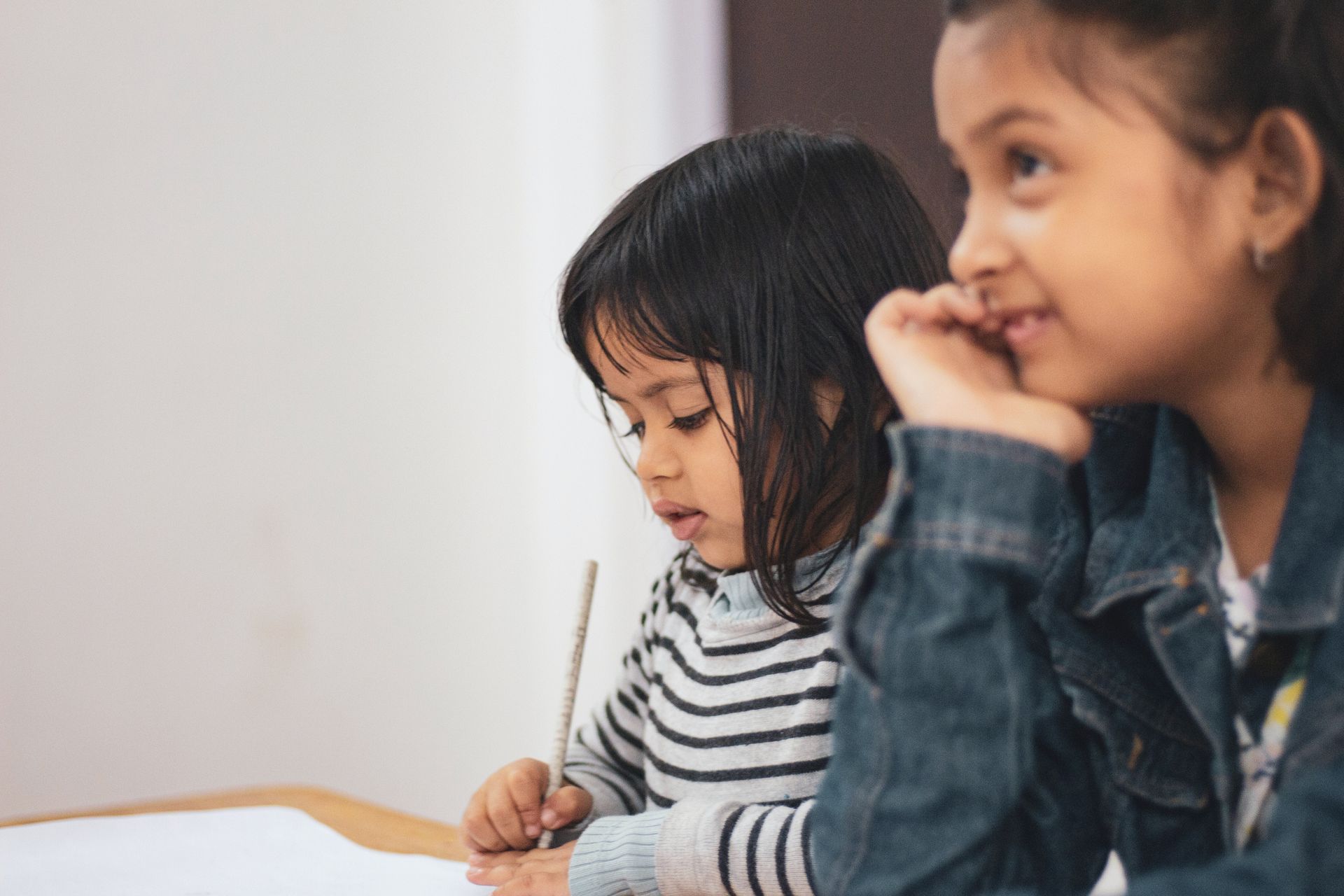Information
at your
fingertips.
Sexual assault/abuse.
-
What is sexual assault/abuse?
Sexual assault can be defined as any unwanted sexual activity that a person has not consented to or not been able to give consent to. It refers to a broad range of sexual behaviours that make the victim feel uncomfortable, frightened or threatened. Sexual assault includes any sexual activity carried out against the will of a person through the use of violence, coercion or intimidation.
This may include:
- Someone exposing themselves to others
- Unwanted sexual touch
- Exposure to pornography
- Sexual harassment
- Exposure to masturbation or coerced to masturbate
- Coerced or forced to perform any sexual acts on themselves or others.
Sexual abuse occurs when someone in a position of power and authority over another (adult or child) takes advantage of that person’s trust and respect to involve them in a sexual activity.
-
The Impacts of sexual abuse/assault
Someone who has been sexually assaulted may experience a whole range of reactions and feelings. Although these reactions are often very distressing, they are normal for someone who has experienced a traumatic event. Each individual may experience different reactions with either short term or long-term consequences.
Common feelings and reactions include:
- Feeling shock, disbelief or denial
- Feelings of shame, embarrassment or guilt
- Feeling afraid, fearful of being alone
- Difficulty sleeping
- Nightmares or flashbacks
- Feelings of sadness, emptiness, or worthlessness
- Feeling angry
- Concentration difficulties or not able to think clearly
- Anxiety or panic attacks
- Loss of confidence
- Physical symptoms such as headaches, stomach aches, nausea, fatigue, loss of appetite
- Feeling alone or isolated or like no one else can understand
- Being unable to stop thinking about the assault
- Difficulty trusting people
- Not wanting to be touched by anyone
- Feeling differently about sex
-
Coping after a sexual assault
You may experience strong feelings after such a traumatic event, and it may take time to heal. Friends and family can help support you through your recovery. Remember too that there is always somewhere you can go for help and support. Talking to a professional can help you find ways to cope with what has happened.
The Sexual Assault Resource Centre (SARC) is the emergency sexual assault service for Perth, Western Australia. SARC 24-hour emergency 1800 199 888. For more information about SARC, click here.
For services located outside of the Peel region click here
-
Reporting a sexual assault/abuse
Sexual assault is known to be an under reported crime and many people do not report sexual assaults due to fear, shame, self-blame or worries about repercussions, or responses from family or friends.
It can be helpful to talk to a trained professional who provide support to work through how you are feeling and what your options are. You can talk through what would happen if you do decide to report the assault to Police.
If you would prefer, you can report anonymously using the WA Police Safe2Say app. This platform enables you to anonymously report sexual crimes, including child abuse matters. For more information or to report, please click here.
https://wa-police-force-sex-crime.safe2say.com.au/report/57296573-19ce-4241-b9b0-35e703922272
For more information about what to expect or for support with this process, contact Allambee during office hours on 9535 8263.
If you require urgent support after hours contact SARC 24-hour service on 1800 199 888.


Child sexual abuse.
-
What is child sexual abuse?
Child sexual abuse/assault is any sexual act or sexual threat imposed upon a child or young person. An adult, adolescent or older child can use their authority or power or can bribe, coerce, threaten, exploit or use force to involve a child in sexual activities. Child sexual abuse includes a range of behaviours.
This may include:
- Touching
- Encouraging children to touch other people in a sexual way
- Exposing themselves to children
- Asking the child to expose him/herself
- Showing pornography to children
- Rape (any form of penetration)
- Sexting ‘…creating, sharing, sending or posting sexually explicit messages or images via the internet, mobile phones or other electronic devices.
Important facts about child sexual abuse
- The vast majority of perpetrators are family members or well known to the child or young person.
- Under no circumstances is the child responsible.
- Children are vulnerable, impressionable, and dependent on adults to care and protect them.
- Child sexual assault is a crime.
- In Australia 1 in 3 girls and 1 in 6 boys will be sexually assaulted by the time they turn 18.
- Children rarely lie about sexual assault.
- It is estimated that fewer than 30 per cent of all sexual assaults on children are reported.
-
The effects of sexual assault/abuse on children
Child sexual abuse/assault is serious and can be highly traumatic for the child or young person. It can leave the child feeling betrayed, confused, frightened, guilty and ashamed. The trauma can have mild to severe, short term or long term negative psychological effects and behavioural problems. It can effect learning, relationships and the overall development and mental health of the child. The effects vary and depend on the abuse circumstances and the developmental stage of the child. Importantly, the negative effects can be minimised if the child or young person is offered support and believed. Many go on to live happy, functioning and secure lives in the future.
Sexual abuse affects the whole family. For this reason, Allambee works to reduce the impacts of the abuse and to promote appropriate inter-personal boundaries and protection from future abuse with the child, parents and siblings when required.
-
What to do if a child tells you they have been sexually abused or if you are concerned that a child may be being sexual abused?
What to do if a child tells you they have been sexually abused?
- Listen carefully and maintain eye contact at the child’s level.
- Remain calm to avoid adding to the child’s possible emotional distress.
- Tell the child you believe them.
- Tell the child it is not their fault.
- Tell the child they did the right thing by telling you.
- Tell the child you are glad they are talking about it.
- Tell the child you will do everything you can to help them and keep them safe.
- Support the child by acknowledging it must be difficult to tell you.
- Don’t make promises you cannot keep.
- Don’t interrogate and push for details.
- Inform the child you need to tell someone in order to keep them safe.
- Document what the child has said using the child’s own words as best you can and any behaviours.
- Act immediately in the best interests of the child to prevent further abuse to that child and to circumvent possible abuse to other children.
- Seek advice or report the disclosure. Call crisis care on (08) 9223 1111 or 1800 199 008 (country free call), the police or Allambee for further information or advice.
If you have concerns about a child’s wellbeing, please contact the Department of Communities Central Intake Team on 1800 273 889 or after hours Crisis Care on 1800 199 008.
For information about how to identify abuse or if you’re worried about a child or young person, click here.
-
Inappropriate or harmful sexual behaviour
There is no one cause for a child or young person to develop inappropriate sexual behaviours. The child and the family context are unique and need to be understood and supported. Contributing factors may include:
- The experience of emotional, sexual or physical abuse.
- Exposure to physical or emotional violence at home.
- Exposure to age inappropriate sexually explicit material. For example pornography or adult sexual interactions.
- An impulsive act or expressing emotions inappropriately.
- The experience of something that has disrupted their wellbeing.
Family and domestic violence.
-
What is domestic violence?
- Domestic violence is the use of violence, threats, intimidation and manipulation tactics or force to gain power and control over others causing fear. The overwhelming majority of those who experience domestic violence are women and children. The abuse is often systematic and increases in frequency and severity over time. All abuse is damaging including psychological and emotional abuse. Abuse is never ok. We all have the right to feel safe all of the time.
- Domestic violence cuts across socio-economic, educational, and cultural aspects and family structures. Domestic violence occurs in:
- Current and past heterosexual and same sex relationships,
- Between family members including children and live-in carers.
-
How to recognise domestic violence?
Couples and families will invariably have disagreements and ‘fights’ but when this becomes abusive then it is called domestic violence. The indicators and warning signs of domestic violence can vary in every situation but some common indicators are described below.
It is Domestic Violence when a person:
- Tells you it’s your fault they are abusive.
- Constantly phones you, wants to know where you are, stalks you.
- At the start of the relationship wants shared living/marriage.
- Makes leaving the house difficult.
- Makes friends/family feel uncomfortable.
- Controls the money.
- Makes you feel worthless, stupid, crazy.
- Threatens to hit you or hurt the children.
- Tells you no one will believe you.
- Has physically hurt you or your pets.
- Forces you to have sexual.
- Threatens to suicide if you leave.
-
Impacts of domestic violence
Domestic Violence can make you feel:
- You can’t do anything right.
- Afraid for yourself or the children.
- That you are emotionally unravelled.
- That you are helpless and feel numb.
- That you can’t get away from the abuse.
-
Impacts of FDV on children
Domestic violence can have a profound negative effect on children whether they are the target of abuse or witness or hear the abuse or experience the aftermath of the abuse to another family member.
Help to keep your child Safe:
- Tell them to move away when fights start
- Go to a neighbour or stay in their room
- To have 5 adults they can go to for help (neighbour, teacher, friend of um)
- How to call the police on 000 and their address
- Kids Helpline 1800 551 800


Women's health.
-
What is perinatal mental health?
The perinatal period is the period from conception to the end of the first postnatal year. This 18-month timeframe is associated with great change in a pregnant person’s life. For most individuals and their families, pregnancy, childbirth, and parenting are an exciting and joyous time, however this period is associated with an increased risk for onset and relapse of mental health conditions. The Centre of Perinatal Excellence (COPE) reports that this risk is higher than any other time in a pregnant person’s life.
-
Perinatal anxiety
Perinatal anxiety can often be missed or misattributed to pregnancy hormones, adjusting to having a baby or other external factors. 1 in 5 pregnant people and 1 in 10 pregnancy partners/ non-birthing partners will experience perinatal anxiety according to PANDA (Perinatal Anxiety & Depression Australia).
There are many symptoms relating to anxiety some include:
- Fear or anxiety that interferes with daily tasks.
- Panic attacks.
- Uncontrollable anxiety and/or worry.
- Constantly feeling irritated, restless or “on edge”
- Finding it difficult to relax and/or taking a long time to fall asleep.
- Anxiety or fear that stops the parent going out with their baby.
- Anxiety or fear, leading to the parent constantly checking on their baby.
This is not a complete list of perinatal anxiety symptoms, please consult with a healthcare professional if you are concerned about your mental health or the mental health of a loved one. If you require immediate support, please contact one of the 24- hour support telephone numbers located here for further information.
For further information relating to mental health conditions during the perinatal period, please visit COPE: Centre of Perinatal Excellence fact sheets on antenatal mental health conditions (during pregnancy) and postnatal mental health conditions (after birth)
-
Perinatal depression
Perinatal depression is common with 1 in 10 experiencing depression in pregnancy and around 1 in 7 experiencing it in the year following birth. It is also common for pregnant people to experience anxiety and depression concurrently according to PANDA (Perinatal Anxiety & Depression Australia).
There are many symptoms relating to depression some include:
- Loss of interest or pleasure in their everyday life
- Lethargy (tiredness), numbness and/or emptiness
- Negative thinking
- Social withdrawal
- tearfulness
This is not a complete list of perinatal depression symptoms, please consult with a healthcare professional if you are concerned about your mental health or the mental health of a loved one. If you require immediate support, please contact one of the 24- hour support telephone numbers located here for further information.
For further information relating to mental health conditions during the perinatal period, please visit COPE: Centre of Perinatal Excellence fact sheets on antenatal mental health conditions (during pregnancy) and postnatal mental health conditions (after birth)
-
Complicated births
Giving birth to a child can have an impact on your physical, emotional and psychological wellbeing. 1 in 3 pregnant individuals experience the birth of their baby as traumatic. Each of these people will have their own experience with varying ranges of interventions and their own unique response to the birth. The important factor to highlight is how you feel about the birth and not how others view the birth.
For further information relating to complicated births and birth trauma please visit COPE: Centre of Perinatal Excellence’s dedicated “When things don’t go to plan in childbirth” page.



